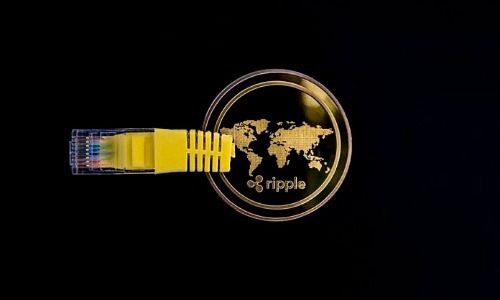Ripple, Others Up Payments Game
Banks are also drawn to Ripple because its network of validating servers and digital asset were designed to facilitate transactions at lower costs. This is different from Bitcoin, which allows entities or people to use pseudo-names plus a bitcoin address to validate transactions, according to an explanation by Henry Berg, principal technical program manager at Amazon. Without additional sources of information, it is harder to track down the person doing a Bitcoin transaction.
Hence, it is understandable that some central banks are against the trading of bitcoins, because it falls outside their regulatory reach. In fact, the Saudi central bank warned its citizens against trading bitcoin last year, but embraced a deal with Ripple this year. Under a pilot program, Saudi Arabia's central bank wants local banks to tap on Ripple's blockchain technology to instantly settle payments in and out of the country, according to «Reuters».
Stellar: Small Start, Big Ambitions
Stellar, which branched out from Ripple, took a somewhat different path. The younger company chose to operate as a non-profit as it aims to create a global payment network akin to a major public utility. It won $3 million in funding from tech firm Stripe back in 2014.
Despite its modest funding, Stellar has fintech bigwigs on its board: Keith Rabbis was previously a top executive at Paypal and Square, while Greg Brockton was previously Stripe’s tech chief.
Stellar has also charmed ICICI: India’s largest private sector bank by consolidated assets uses Stellar’s network for international and domestic money transfers internationally and within India, according to «Bitcoin Magazine». ICICI is currently working on a pilot program on Stellar for cross-border payments without traditional wire fees.
Security Still An Edge?
SWIFT has always prided itself on being a secure global payment messaging system, but its image took a hit when hackers stole money by attacking Russian banks and Taiwanese banks via SWIFT systems recently.
Security has been a top concern at Ripple too: the system’s ledger is managed by a network of independent validating servers that constantly compare their transaction records. Meanwhile, users on Ripple deem it safe enough to make payments between each other by using cryptographically-signed transactions denominated in either fiat currencies or Ripple's XRP.




























